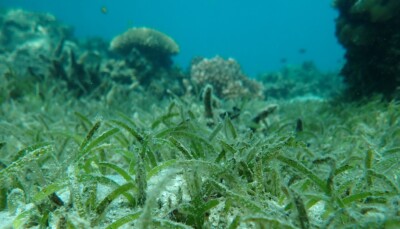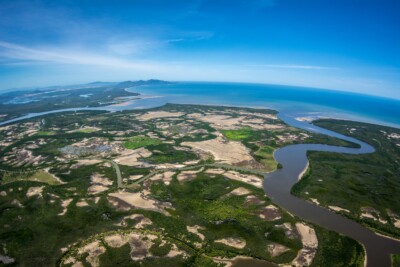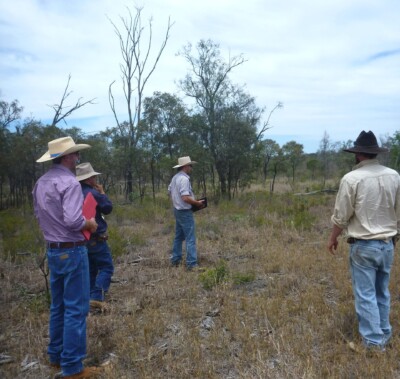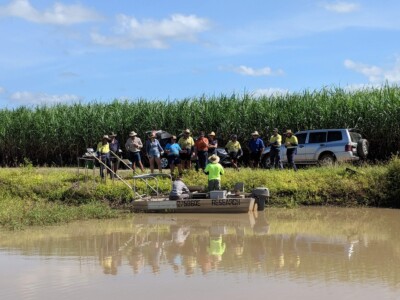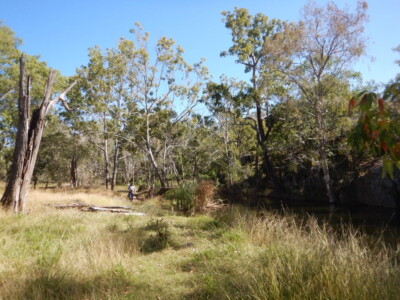Human dimensions of water quality improvement and emerging science

What are the critical success factors for greater Indigenous involvement in water quality decision making in the Great Barrier Reef region? [Q7.3]
Authors: Tom Espinoza1, Sydney Collett1, Conway Burns1,2
Affiliations: 1Burnett Mary Regional Group, 2Butchulla Aboriginal Corporation
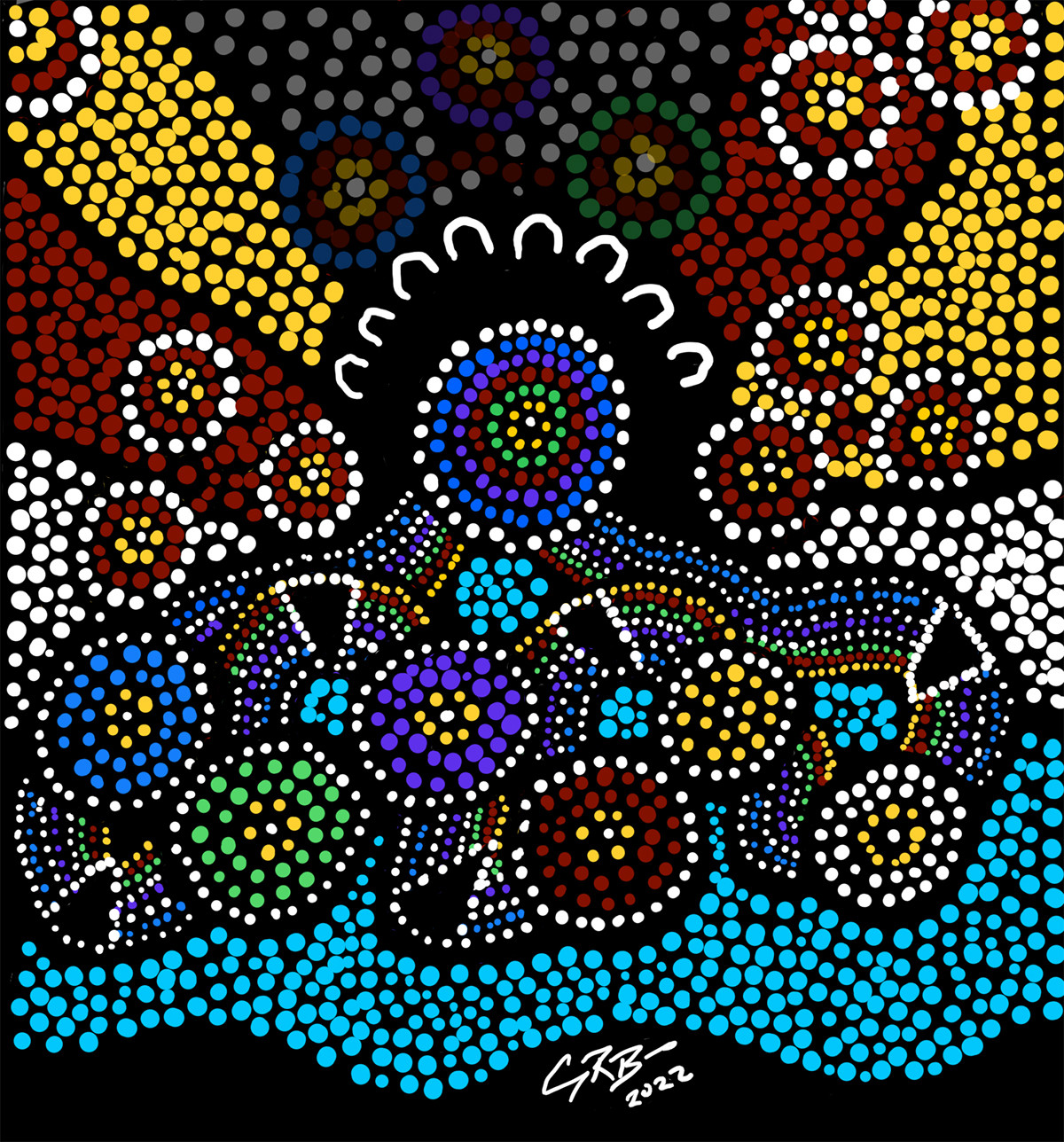
Evidence Statement
The synthesis of the evidence for Question 7.3 was based on 119 studies, undertaken in primarily colonial and settled nations (e.g., Australia, Canada) and published between 1990 and 2022. The synthesis includes a Low diversity of study types (30% primary studies, largely observational and 70% secondary studies primarily literature reviews and reviews of survey outcomes) and has a Limited confidence rating (based on Moderate consistency and Low overall relevance of studies).
Summary of findings relevant to policy or management action
Determining the critical success factors for greater Indigenous involvement in water quality decision making and management for the Great Barrier Reef is difficult within the constraints of the Scientific Consensus Statement process that uses peer reviewed scientific evidence only. To fully address this question requires Indigenous knowledge and input. While recognising this limitation, several factors and learnings can be identified from national and international peer reviewed studies. Issues of communication, relationships, engagement and involvement of Indigenous people in natural resource management broadly, and water quality management specifically, are a global issue. Historic exclusion from natural resource management and decision-making precludes and impedes contemporary attempts to integrate cultural values Improved understanding and collaboration across all sectors of natural resource management to recognise Indigenous connections to Country, the need for improved engagement frameworks specifically recognising social and cultural factors, and the socio-ecological benefits of Indigenous involvement in management and decision-making are identified as common needs for environmental programs globally. Critical factors and key learnings from national and international studies include increased understanding and knowledge of Indigenous culture and connection to Country, helping to establish trust and respect between all partners through relationship building, support for increased capacity to engage and become involved in programs, support for improved capability to collaborate and deliver across all aspects of planning and delivery, and adoption of an adaptive management approach to program delivery. Learnings from this synthesis should be accompanied by the development of meaningful relationships, policies and frameworks led by Traditional Owners to ensure delivery of sustainable and holistic outcomes for the Great Barrier Reef and its associated catchments.
Supporting points
- Several issues were identified for Traditional Owner engagement in water quality and broader natural resource management programs relevant to the Great Barrier Reef, including: communication problems between contemporary management authorities and Indigenous people (31 studies); Indigenous exclusion from natural resource management and decision-making (23 studies); improved engagement with Indigenous people for improved natural resource management outcomes (40 studies); the need to direct resources towards capacity building of Indigenous organisations (16 studies); successful engagements or decision-making with Indigenous organisations (17 studies); Indigenous connections to Country and the benefits to communities from involvement in managing Country (32 studies); and recognition of the social dimensions of the issues and the need for social science expertise to be embedded in the solutions (21 studies).
- The outcomes from Indigenous-led decision-making including a description of successful engagements or successful outcomes are rarely published in the scientific literature. Key learnings identified to be most relevant to the Great Barrier Reef from national and international studies are:
-
- Understanding: Cultural awareness across western societies of Indigenous people’s connections with the natural world are low and not conducive to acceptance that engaging and involving Indigenous people in natural resource management has global benefits. Support for education campaigns and engagements around cultural awareness that are designed and delivered by Indigenous people ‘on Country’ and target senior management staff is critical for success. Recognition of the social dimensions of the issues and solutions is a priority.
- Respect: Cultural awareness builds respect for Indigenous culture, land and sea management practices, and innate connections to Country held within Traditional Ecological Knowledge. Relationships built on trust, respect and understanding have shown best results in supporting Indigenous organisations on the pathway from exclusion to decision-making and self governance. Furthermore, Traditional Owners are not stakeholders to be consulted but rather decision-makers and as such, should be included from the start in relevant management roundtables.
- Collaboration: Collaboration is required at all levels of environmental decision-making including research, planning, policy, implementation, assessment and overall governance; and establishing relationships that are founded on respect, trust and mutual capacity-building is critical. Collaborative research that integrates different types of ecological knowledge has demonstrated great success in environmental outcomes and led to increased recognition of the awareness of the knowledge and wisdom held and contributed by Indigenous people.
- Capacity: Contemporary Traditional Owner groups are expected to contribute effectively and efficiently across a vast scope of legislative, policy and planning frameworks. Development of resources focused on improving literacy of Traditional Owners to understand these frameworks in formats that are more meaningful for Traditional Owners, and the provision of more opportunities for individuals to gain experience with relevant management programs, are beneficial for the building of this capacity. Efforts should also be made to include Traditional Owners in all engagements to ensure improved capacity as decision-makers for the Great Barrier Reef.
- Capability: Greater resources and effort to support Traditional Owner organisations to acquire the skills needed to govern, manage and deliver programs in terms of design, research, policy, planning, implementation, assessment and management has been shown to be beneficial. Effective self-governance of Traditional Owner organisations should be an endpoint which is supported by all western organisations involved with the management of the Great Barrier Reef.
- Adaptive management: The critical success factors for greater Indigenous involvement should implicitly consider the critical success factors of greater Indigenous involvement. Integration of the steps above into policy and planning documents supported by fit for purpose Monitoring Evaluation and Reporting Strategies to measure success is necessary for continuous improvement and adaptive management.
- Consideration of these critical success factors can provide a useful foundation to build on and provide pathways for future engagement and involvement of Indigenous people in Great Barrier Reef water quality decisions and management.


